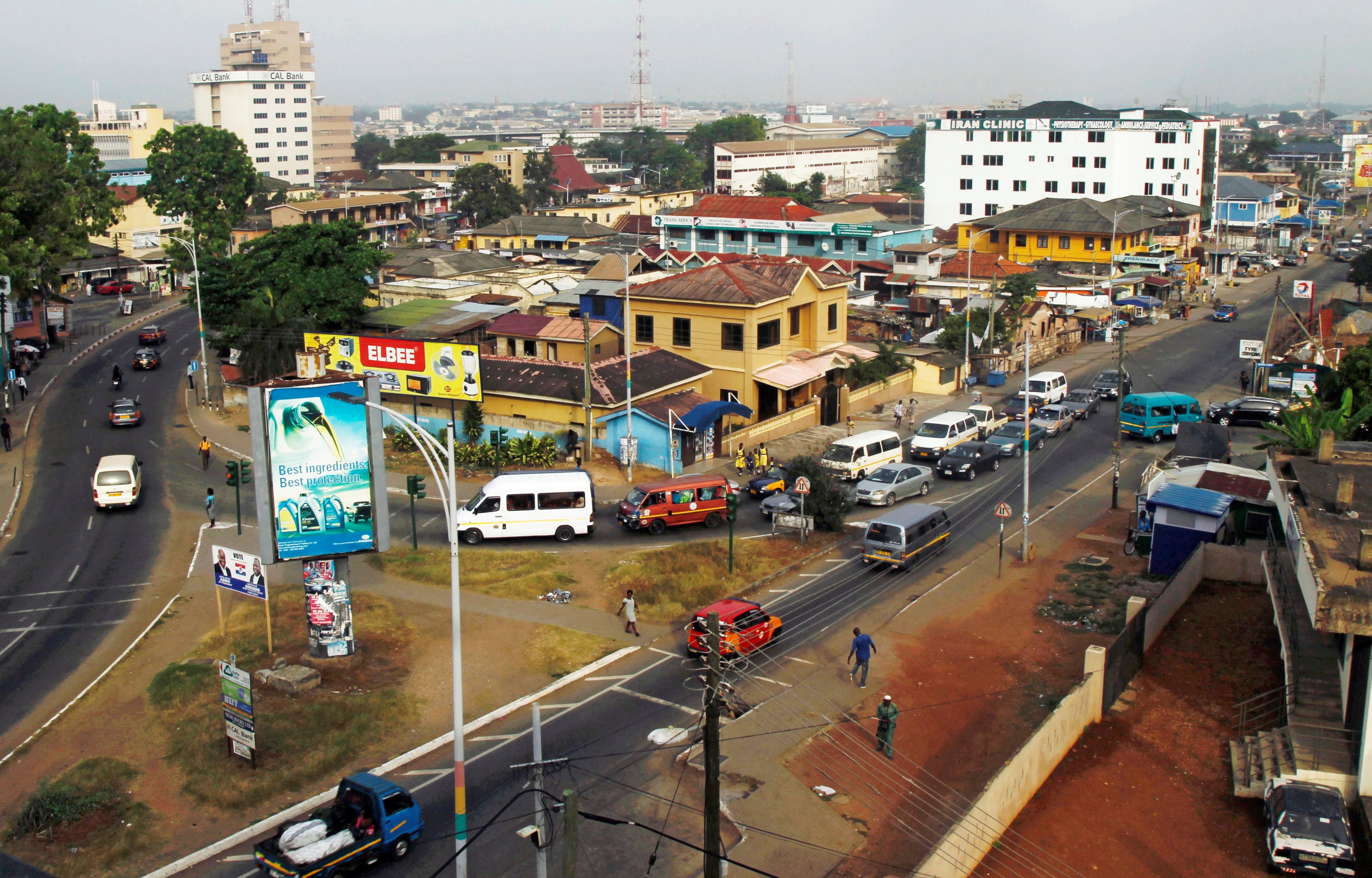A new research by KASI Insight Health and Wellness index (FiT Score) conducted among seven cities in Africa, including Accra, has shown that the country has an urban population less likely to participate in unhealthy habits but are more optimistic about their general health.
Overall, among the seven African cities covered by the index, Ghanaians living in Accra scored the highest FiT score of 64, out of a scale of 100, but scored relatively low for medical care and general health.
This, according to the researchers means that there is still work to do to improve health-seeking behavior and drive down participation in unhealthy lifestyle habits that affect the health of this relatively young population.
According to the World Health Organization, noncommunicable diseases (NCDs) will kill more than 40 million people per year with an increasing proportion of the deaths in Africa.
NCDs are the result of a combination of genetic, physiological, environmental and behavioral factors. The main types are cardiovascular diseases, cancers, chronic respiratory disease, and diabetes. Modifiable behaviors, such as tobacco use, physical inactivity, unhealthy diet and the harmful use of alcohol, all increase the risk of NCDs.Â
Health researcher and co-lead Health Advisor at KASI Insight, Rhonda Boateng, said: “The FiT score provides data and intelligence in real time regarding lifestyle behaviors and the prevalence of risk factors for NCDs.â€
The FiT Score, Africa’s urban health, and wellness index was done by KASI Insight, an award-winning research firm that delivers data for a people-centered approach to health care and wellbeing in Africa
It provides supplementary evidence to help inform public health policy. The first KASI Health Wellness index is based on findings of a KASI Insight survey conducted between February 17th and 27th, 2017 using a sample of 3,369 urban dwellers between 18 to 65 years in Africa.
Credit: B&F Times Ghana
Â





